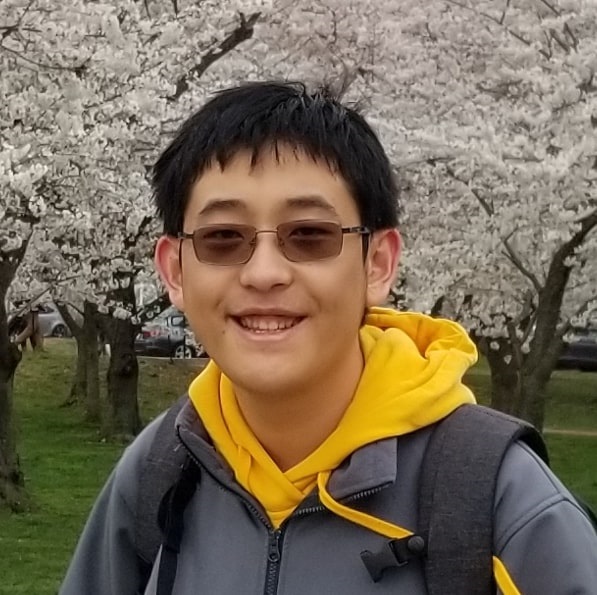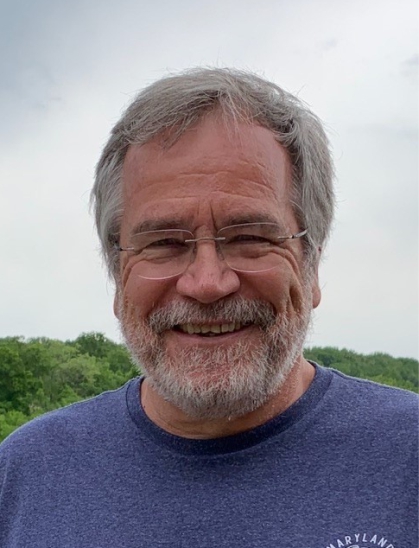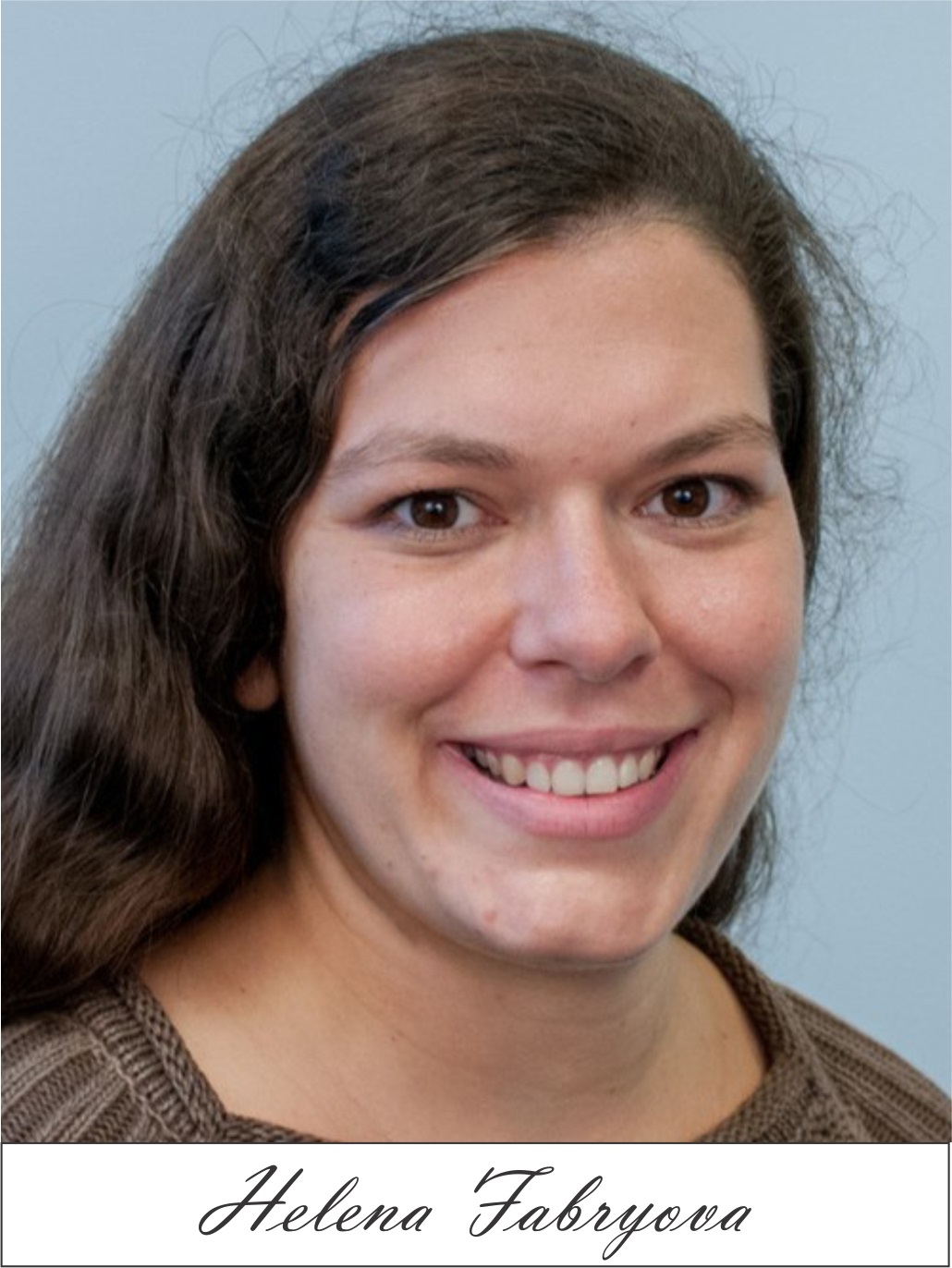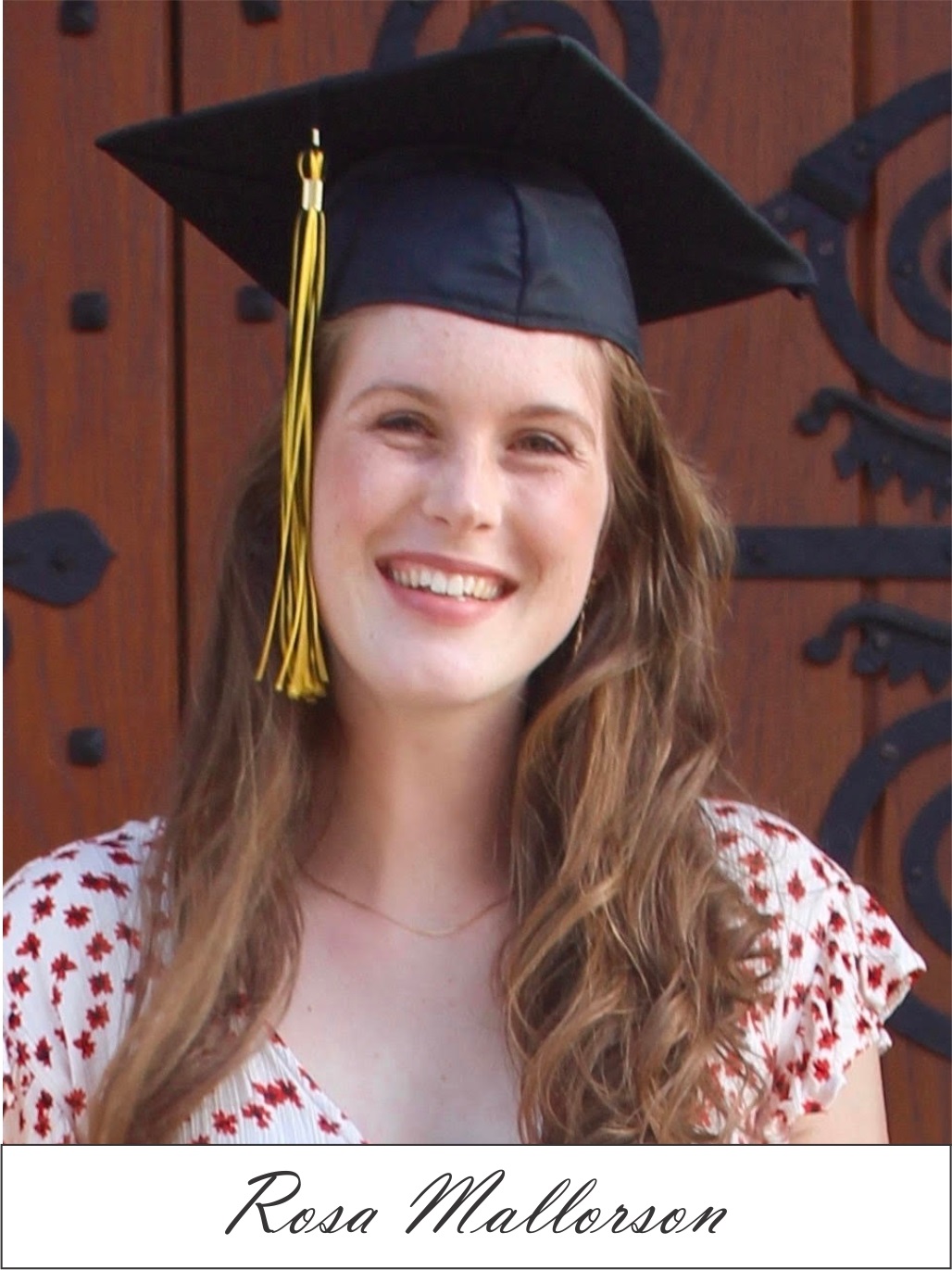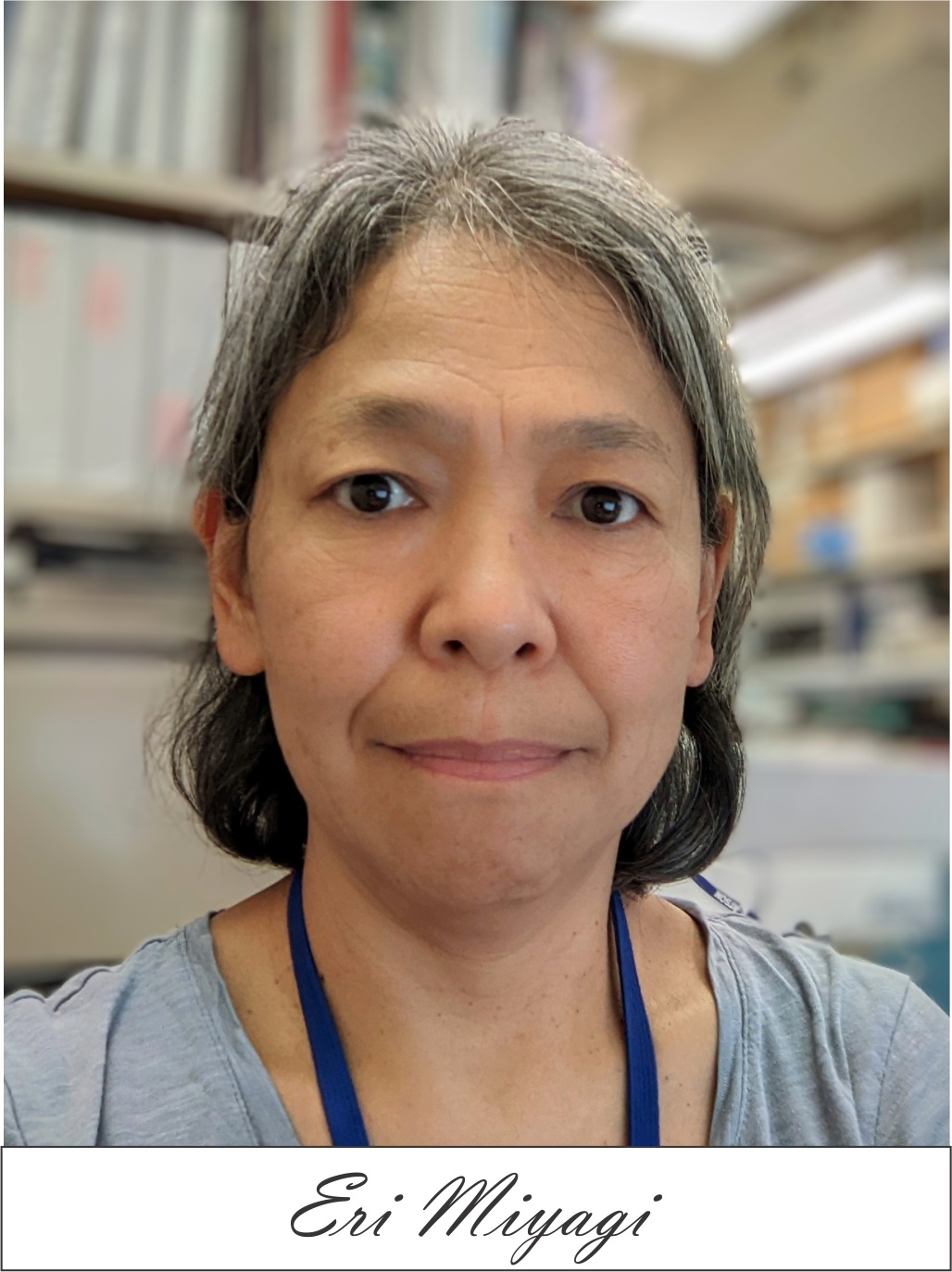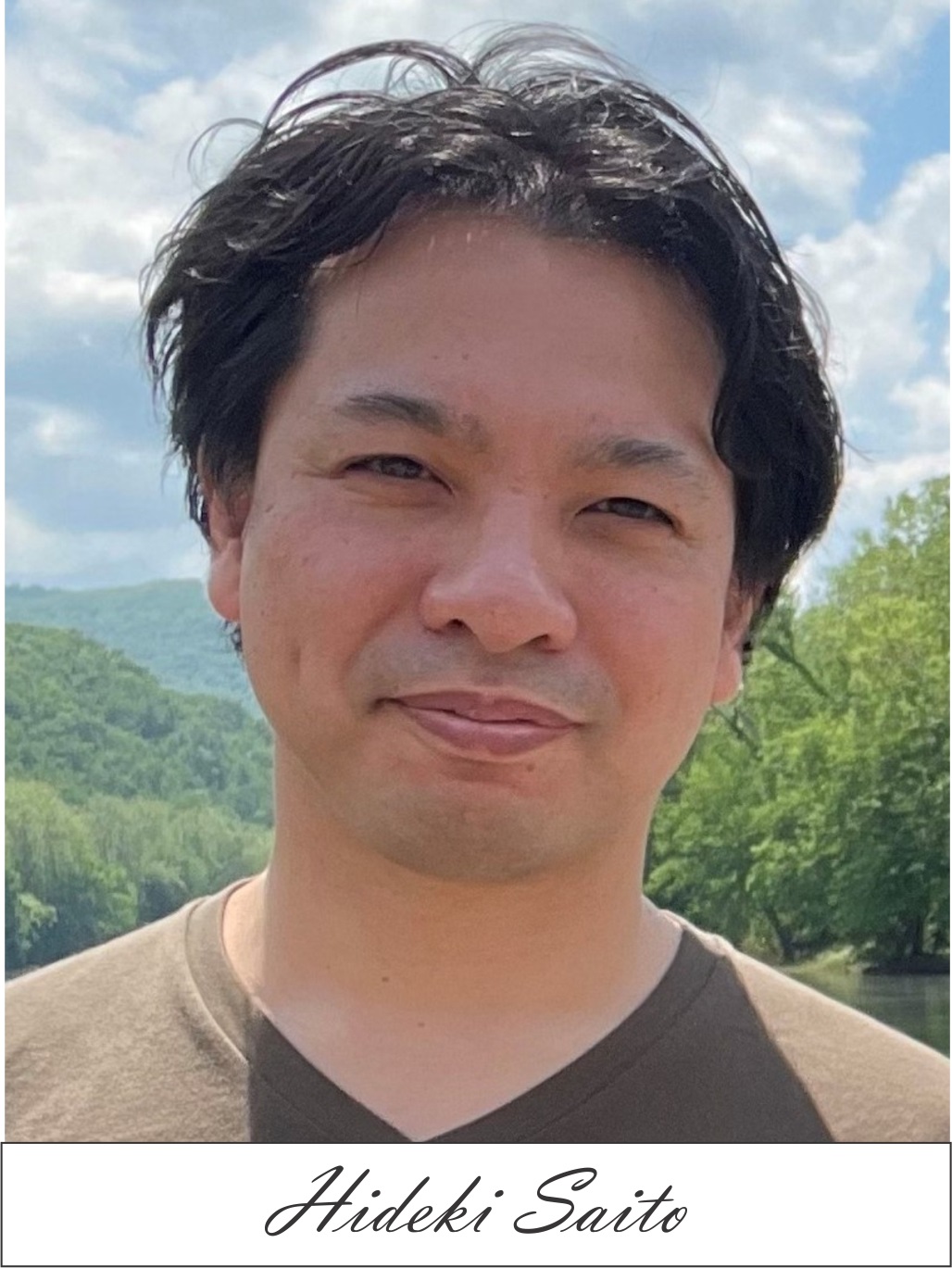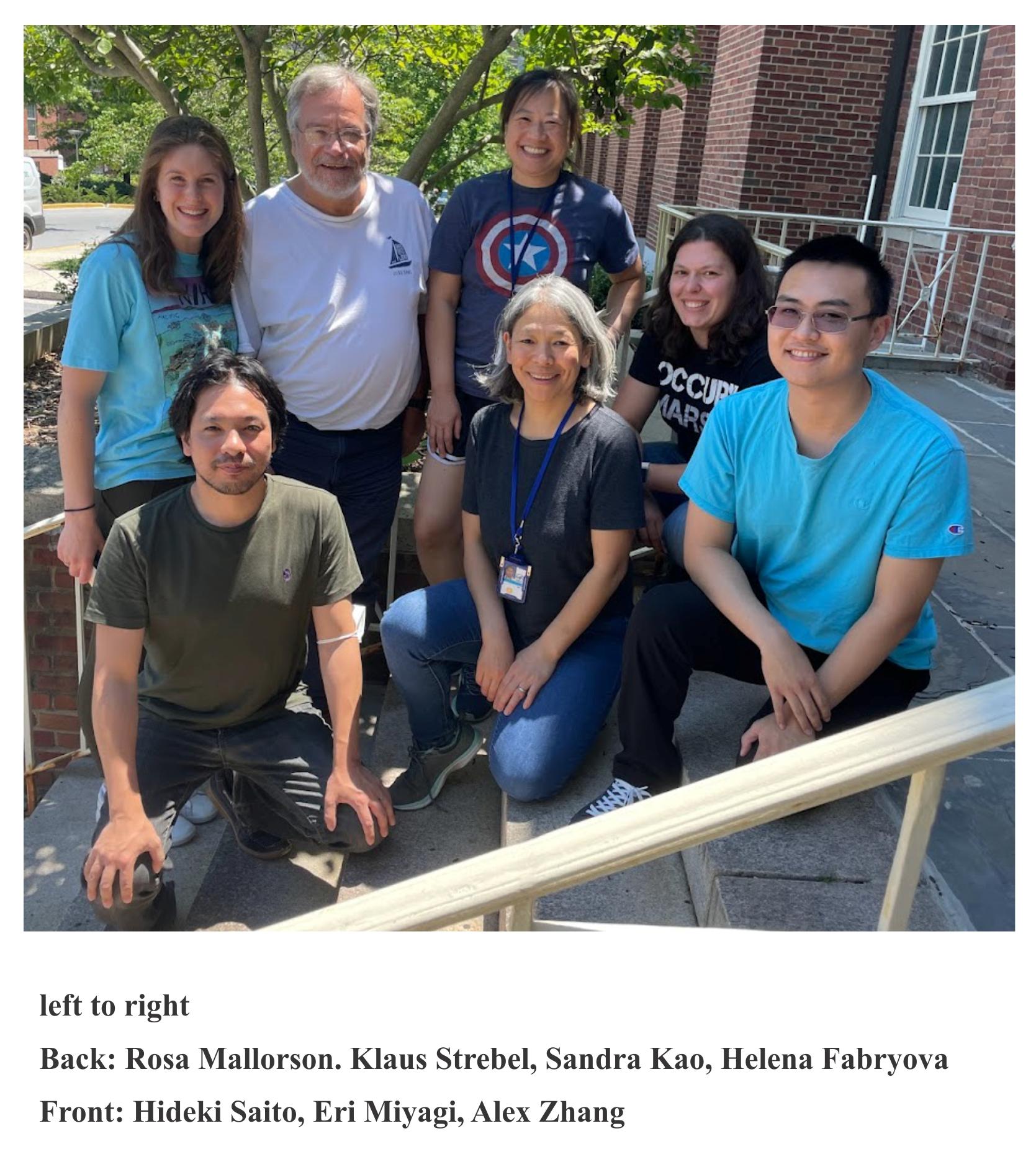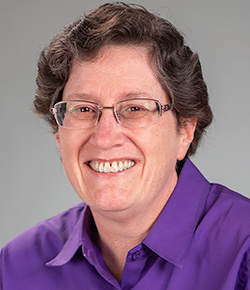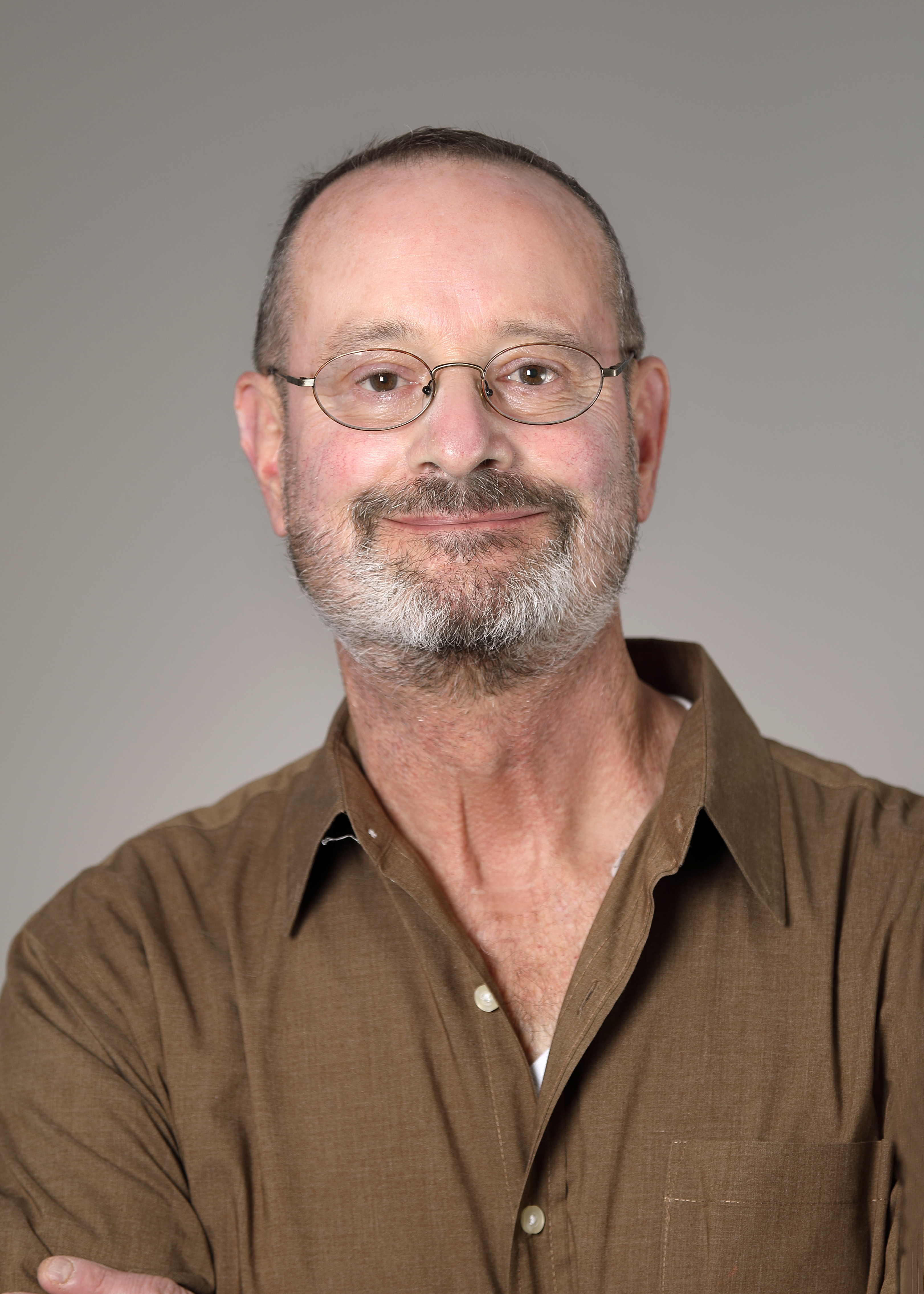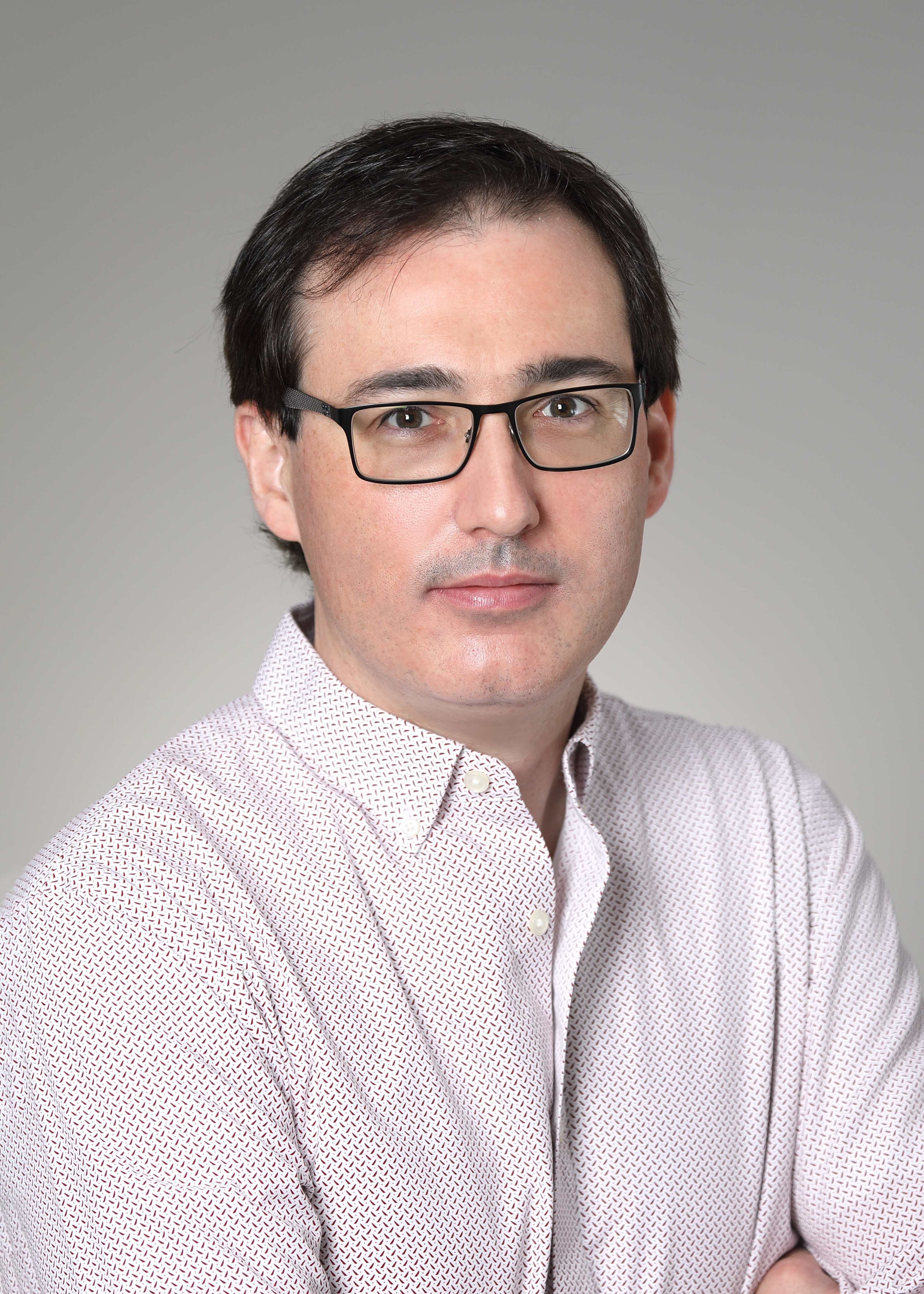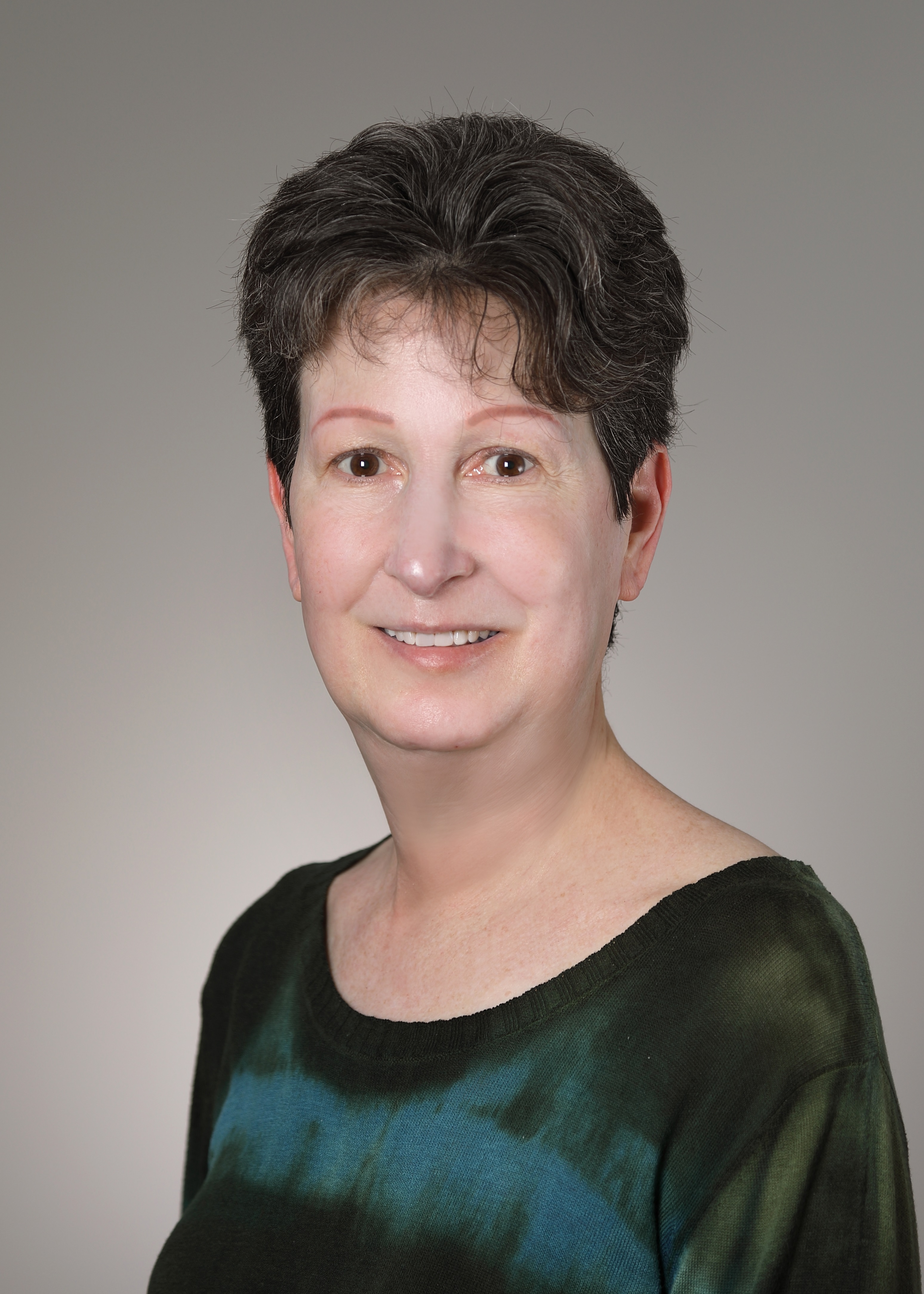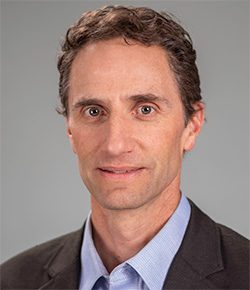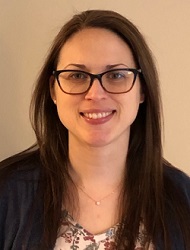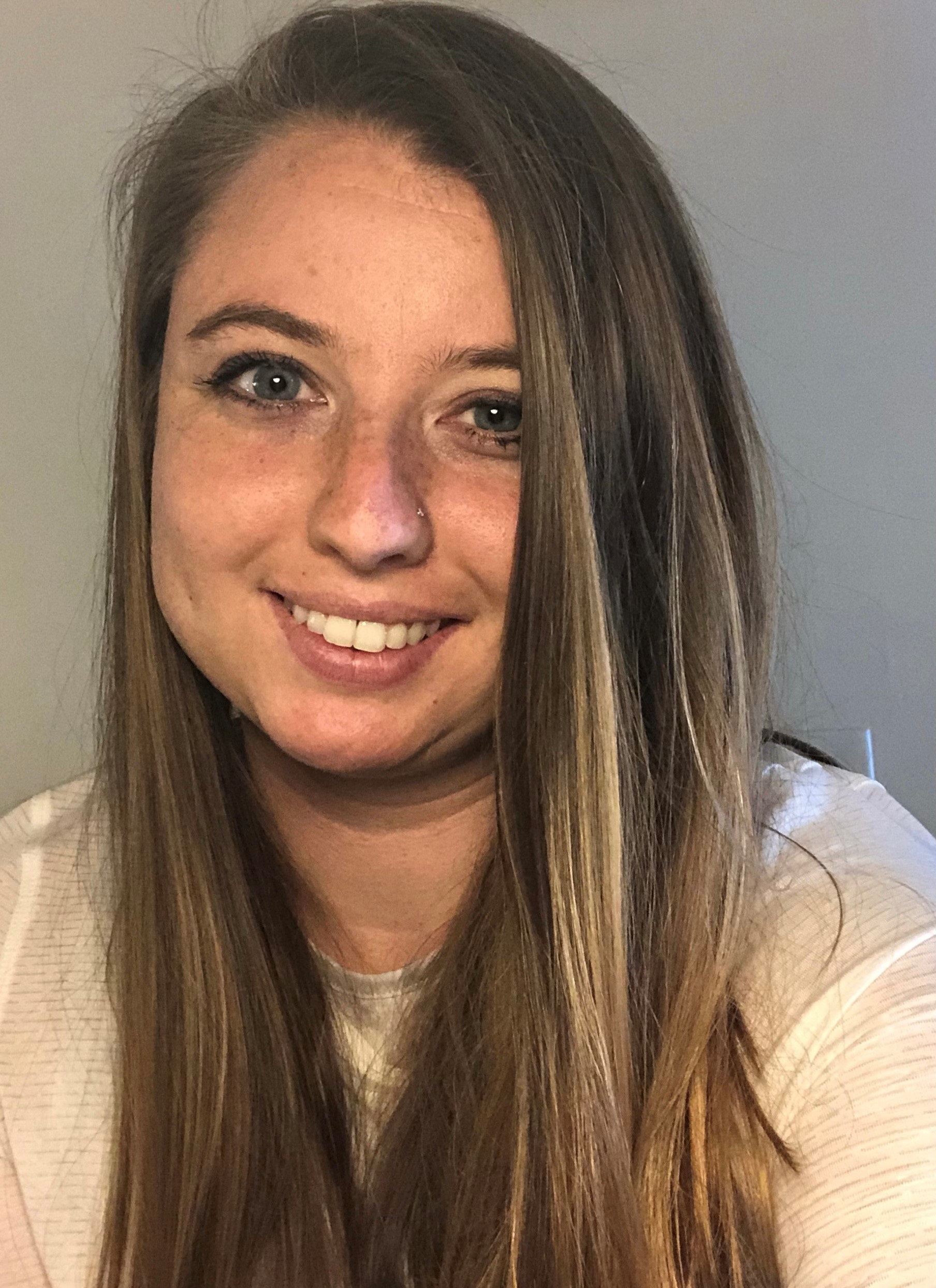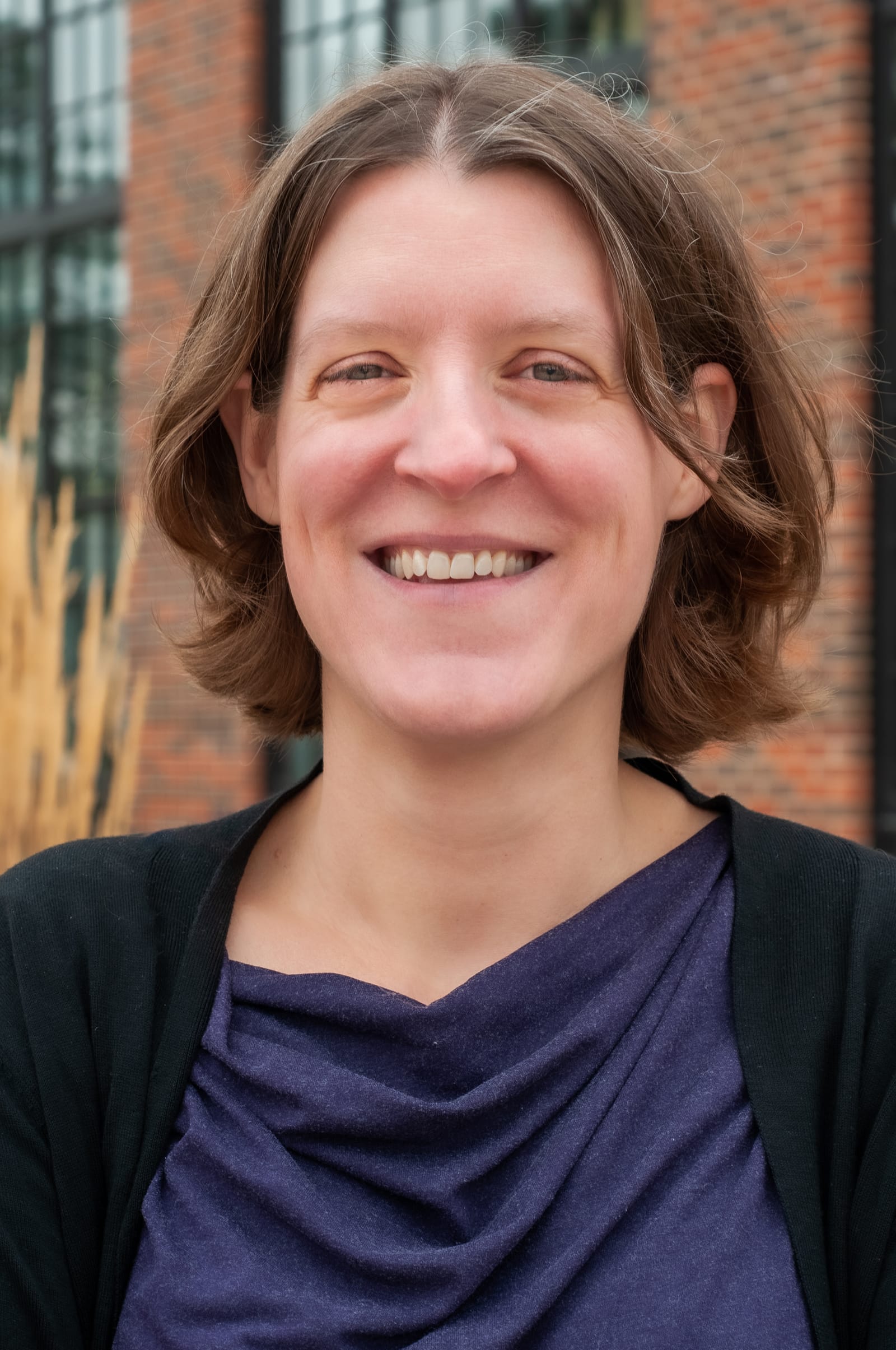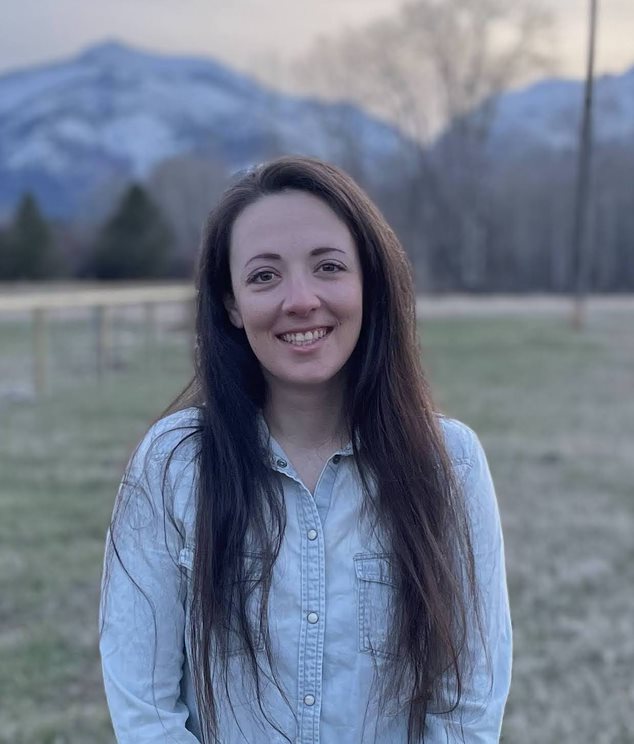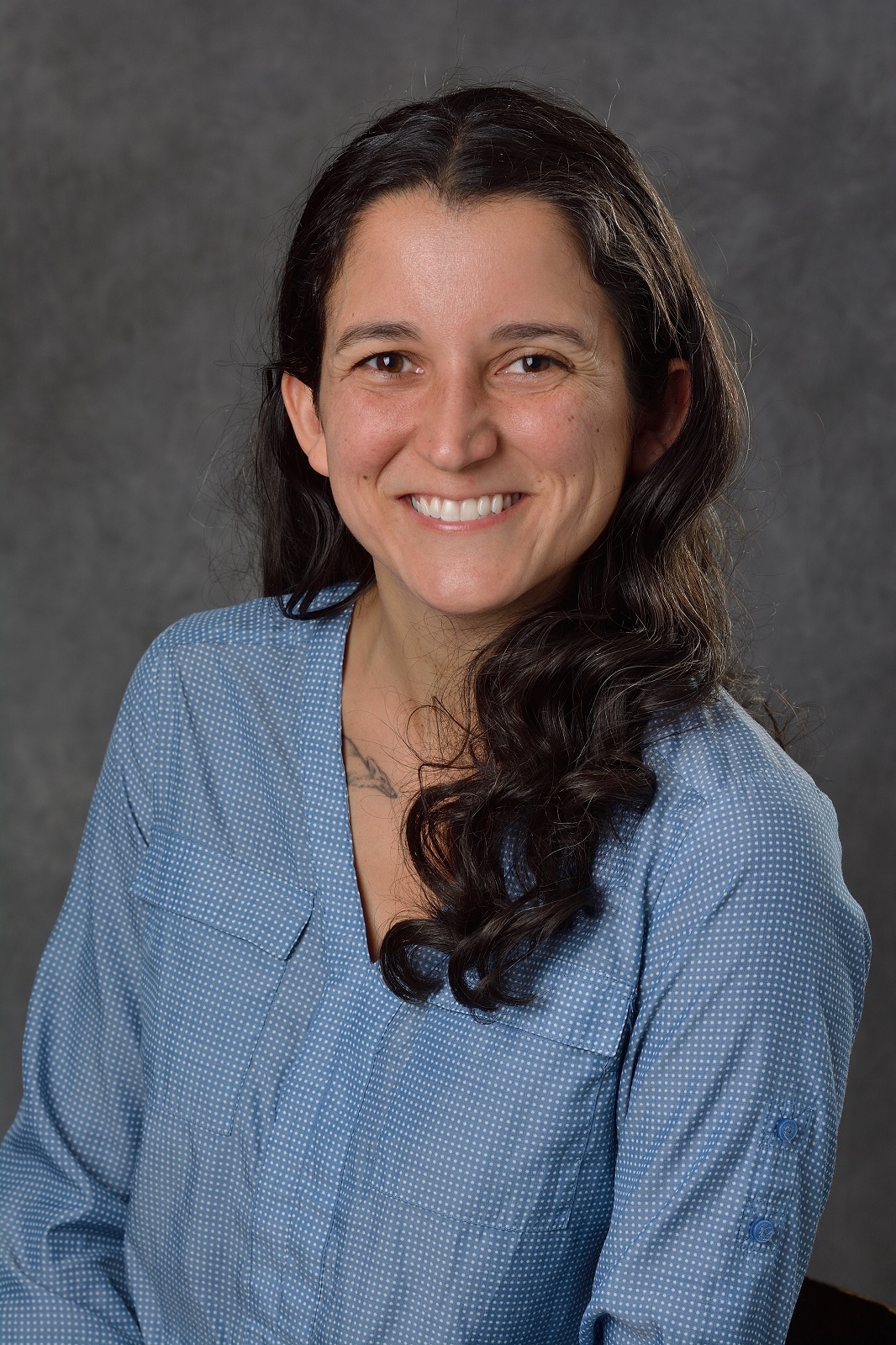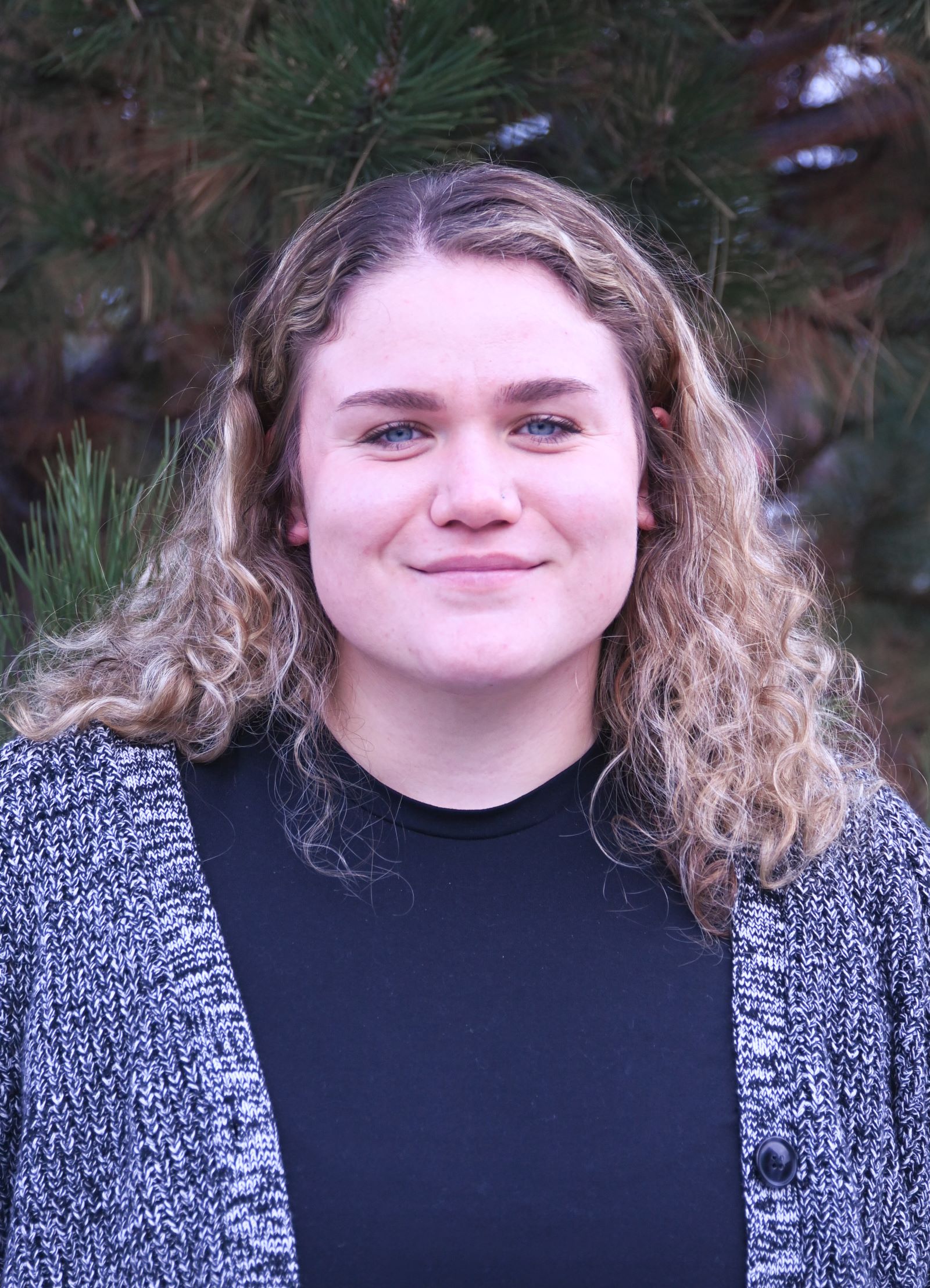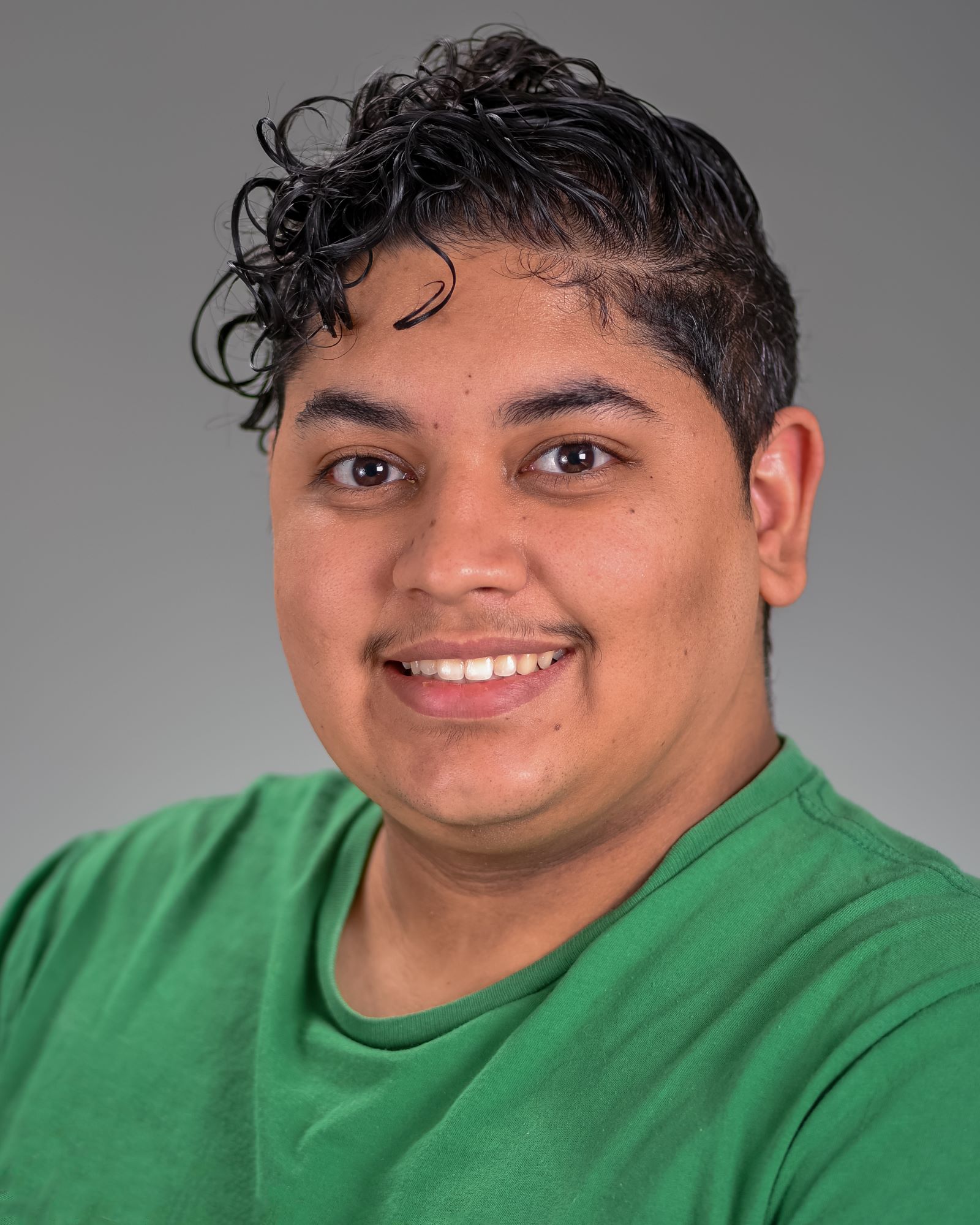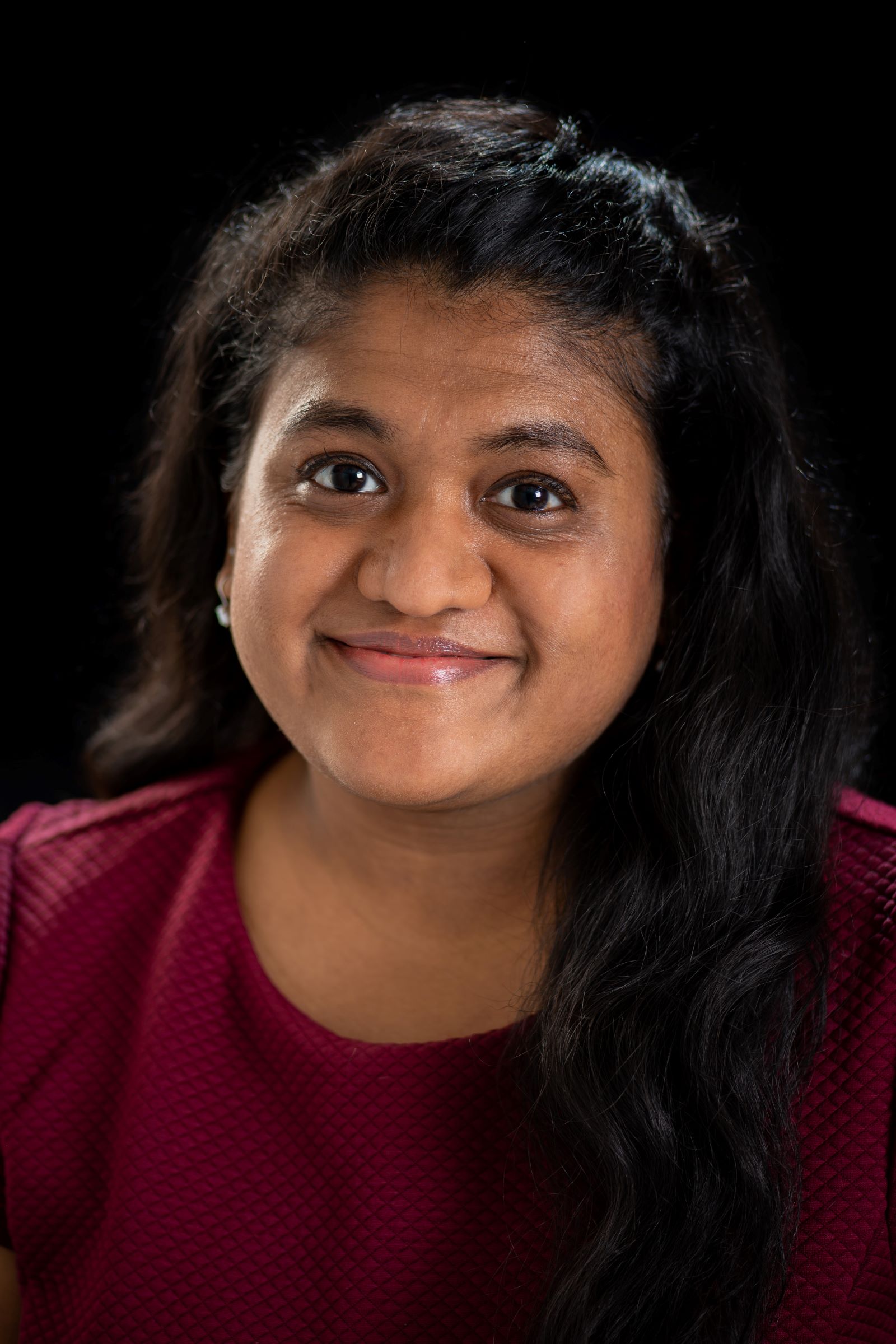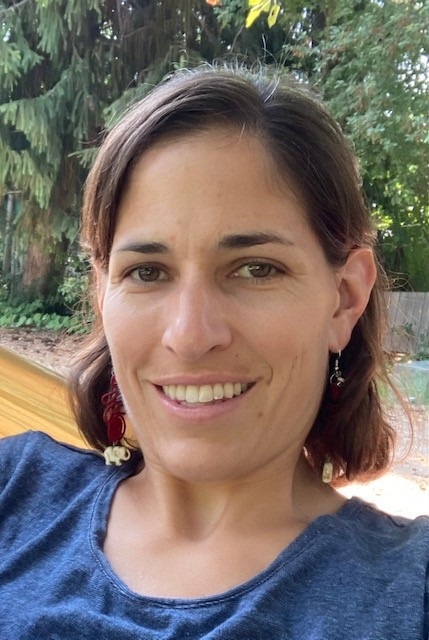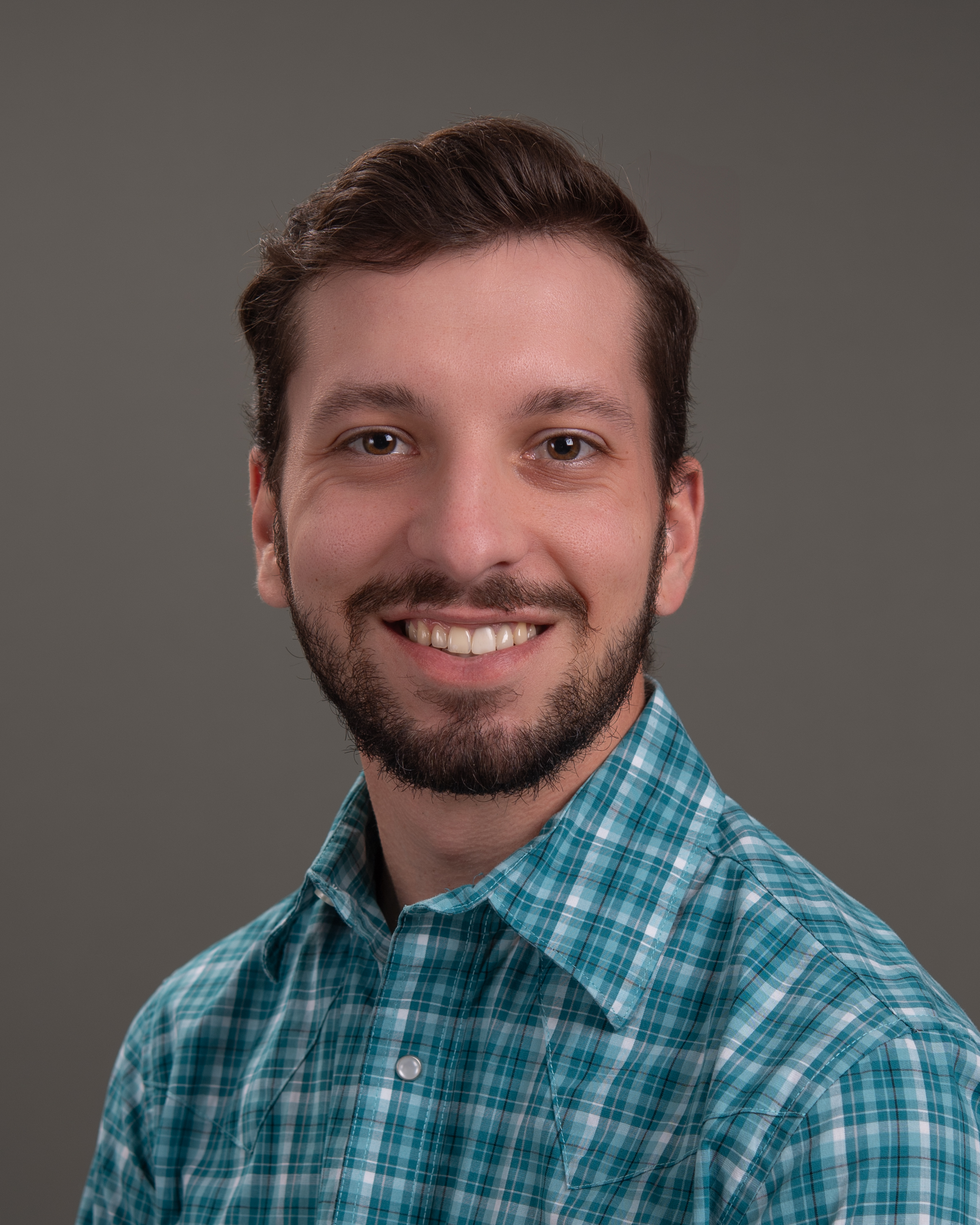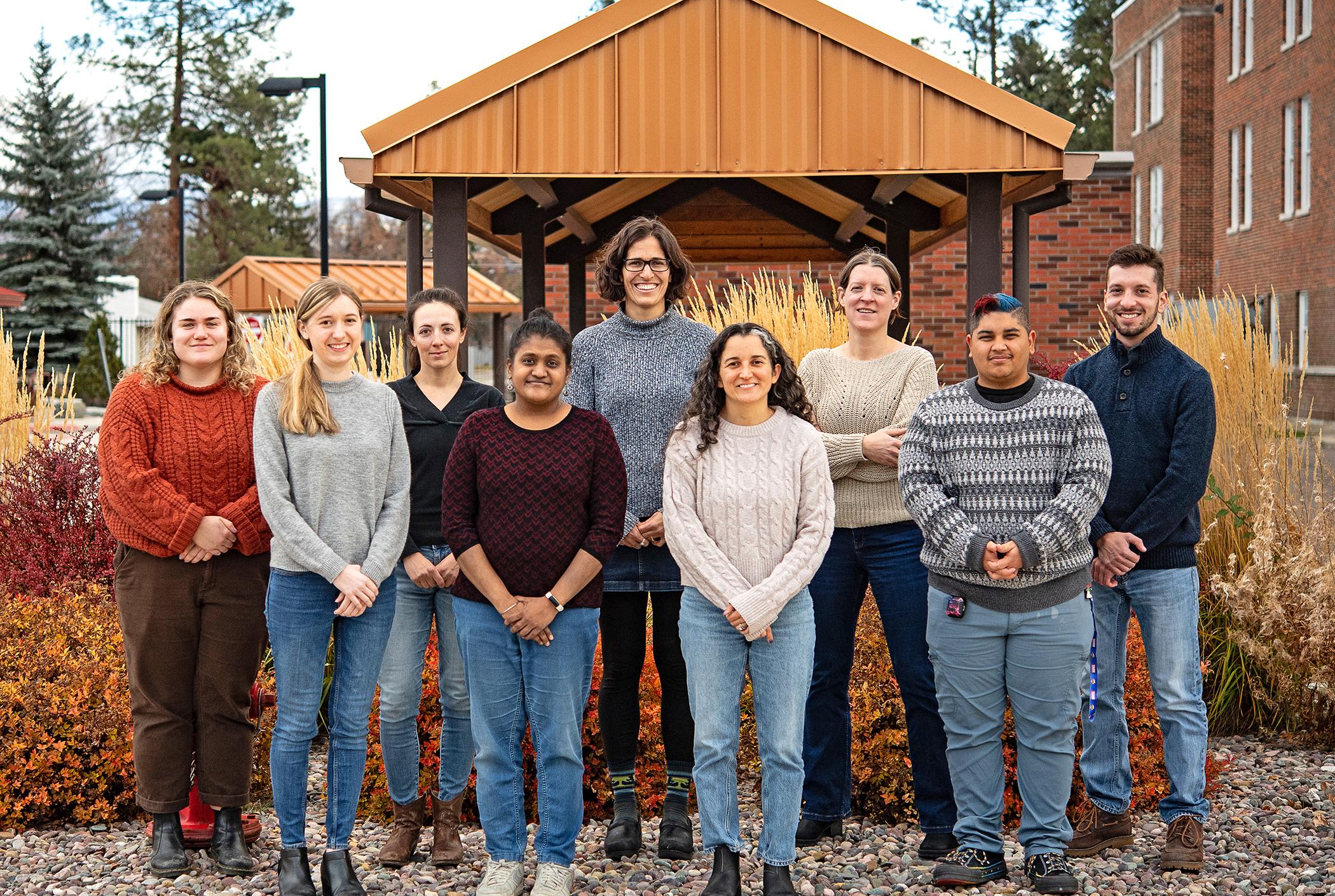Molecular HIV Host Interactions Section (MHHIS) conducts research to study interactions between HIV-1 and human host, in particular children and young adults, to address the effect of recreational substance use on gene expression and biological pathways; immune perturbation in HIV-exposed but uninfected (HEU) infants; development and maturation of immunoglobulin repertoires, and response to vaccines in early human life; and HIV-1 cell tropism, latency, reservoir, reactivation, and evolution of the HIV-1 over the course of infection with/without ART.
Maureen M. Goodenow, Ph.D.
Chief, Molecular HIV Host Interactions Section
Director, NIH Office of AIDS Research
Education:
Ph.D., Albert Einstein College of Medicine, The Bronx, NY
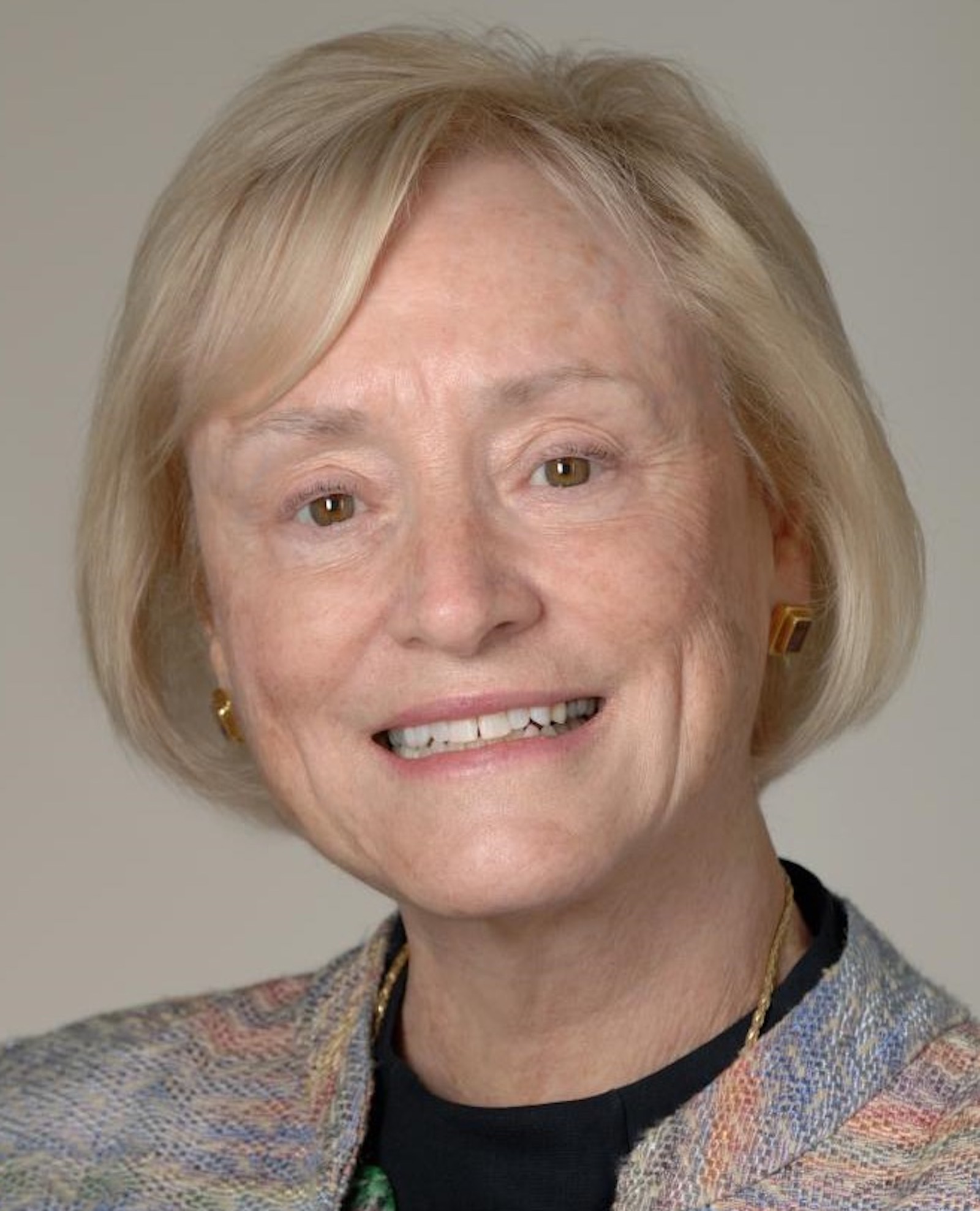
Li Yin, M.D., D.C.H, Ph.D.
Staff Scientist
Education:
M.D., Doctor of Medicine
D.C.H., Diploma in Child Health
Ph.D., Doctor of Philosophy
Languages Spoken: Mandarin

Kai-Fen Chang, M.S.
Biologist
Languages Spoken: Mandarin, Taiwanese

Isaac Daniel Raplee, Ph.D.
Biologist (Bioinformatician)
Education:
Ph.D., Biomedical Science – Molecular Medicine, Morsani College of Medicine, University of South Florida
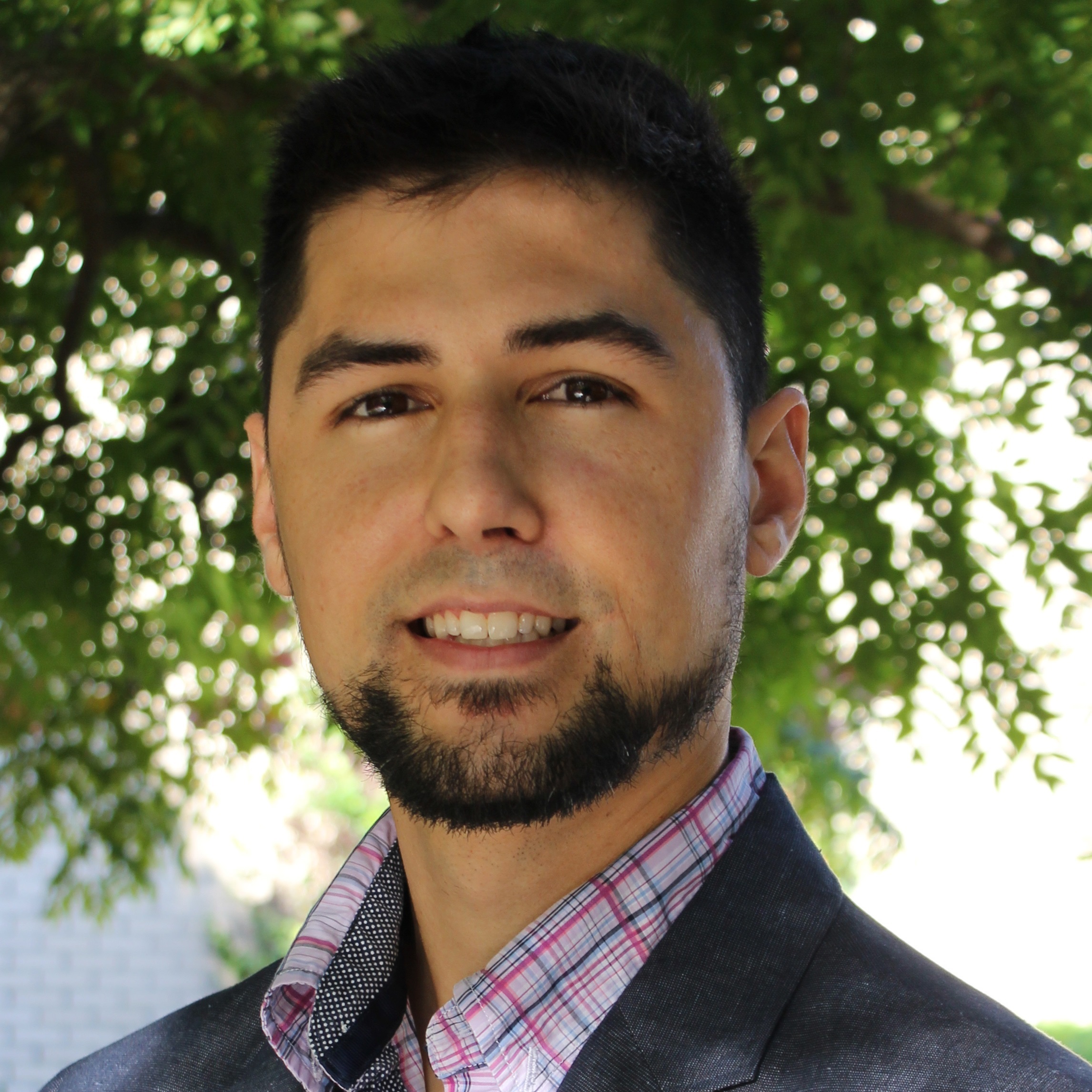
Samiksha A. Borkar, M.S.
Research Associate
Education:
M.S., 2016, Ph.D., 2023, George Mason University, Fairfax, VA
Languages Spoken: Marathi, Hindi

Upasana Nepal, B.S.
Lab Technician
Education:
B.S., 2019, The University of Texas at Austin
Languages Spoken: Nepali, Hindi

Jerry Shen
Student Trainee
Languages Spoken: Mandarin
